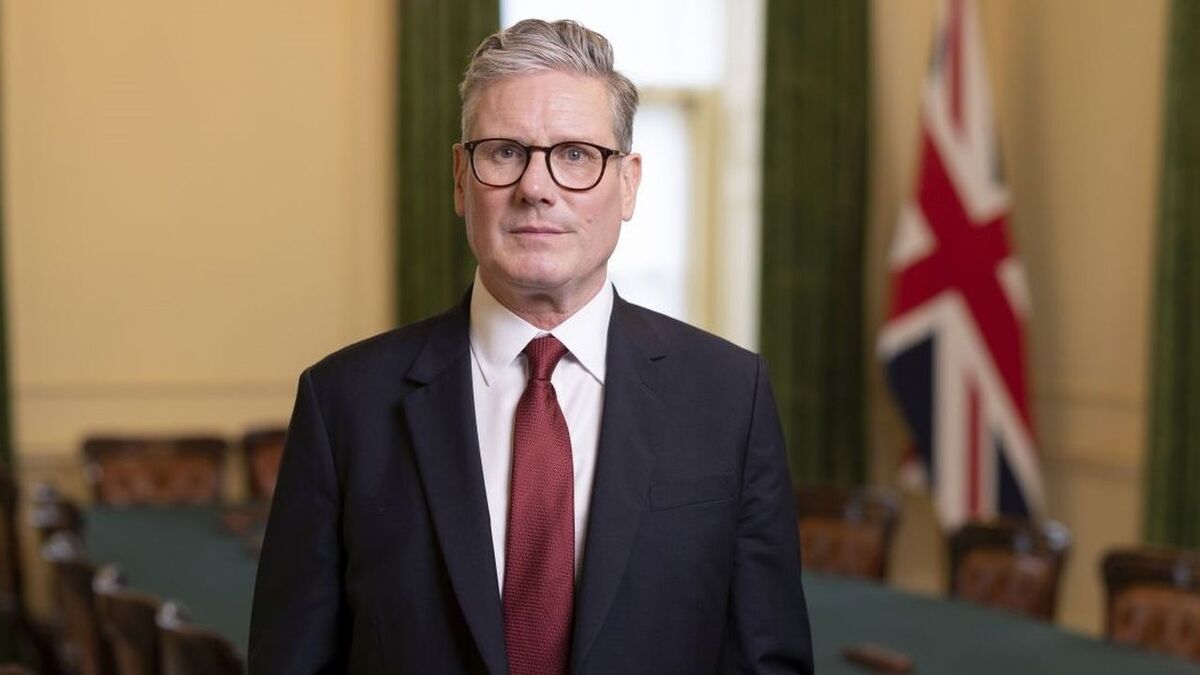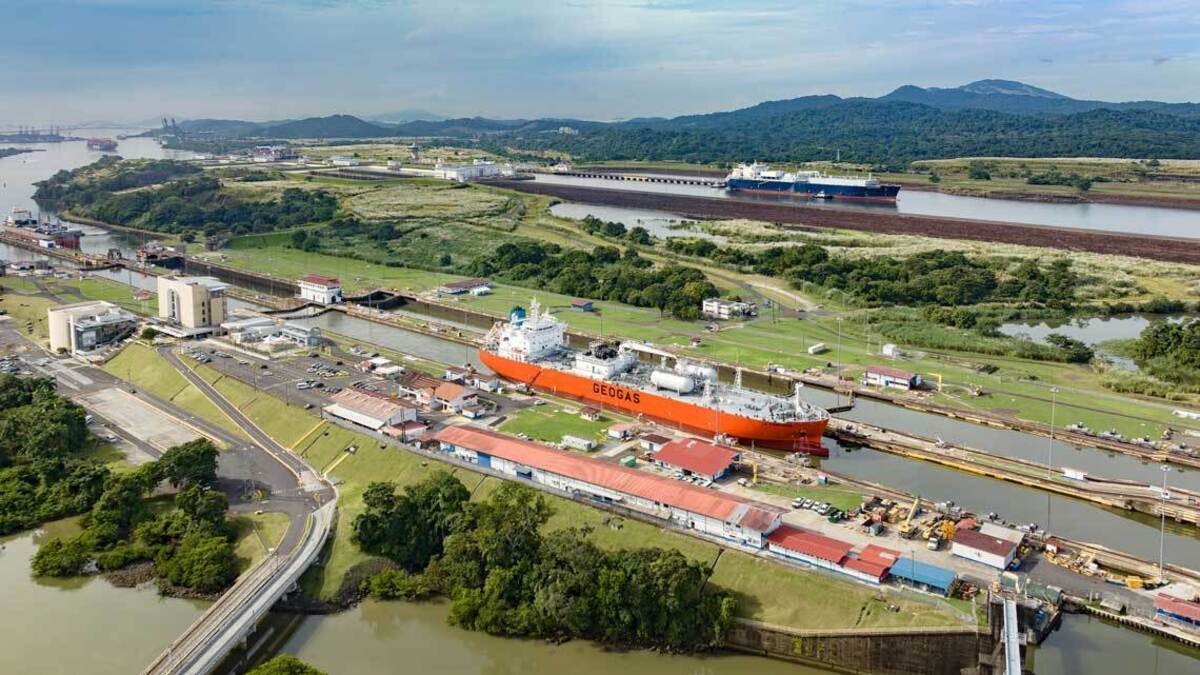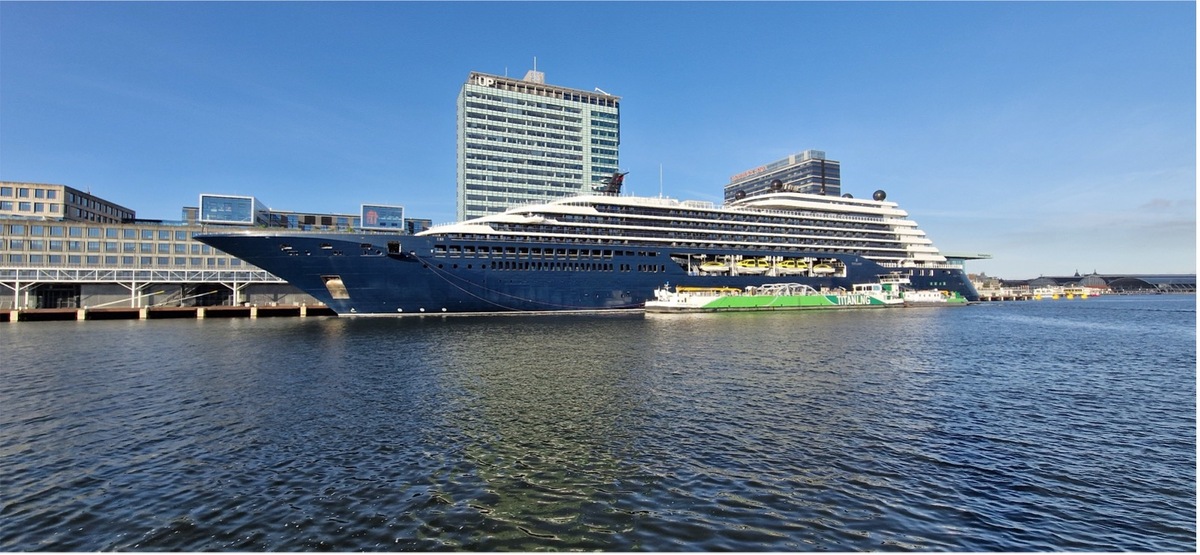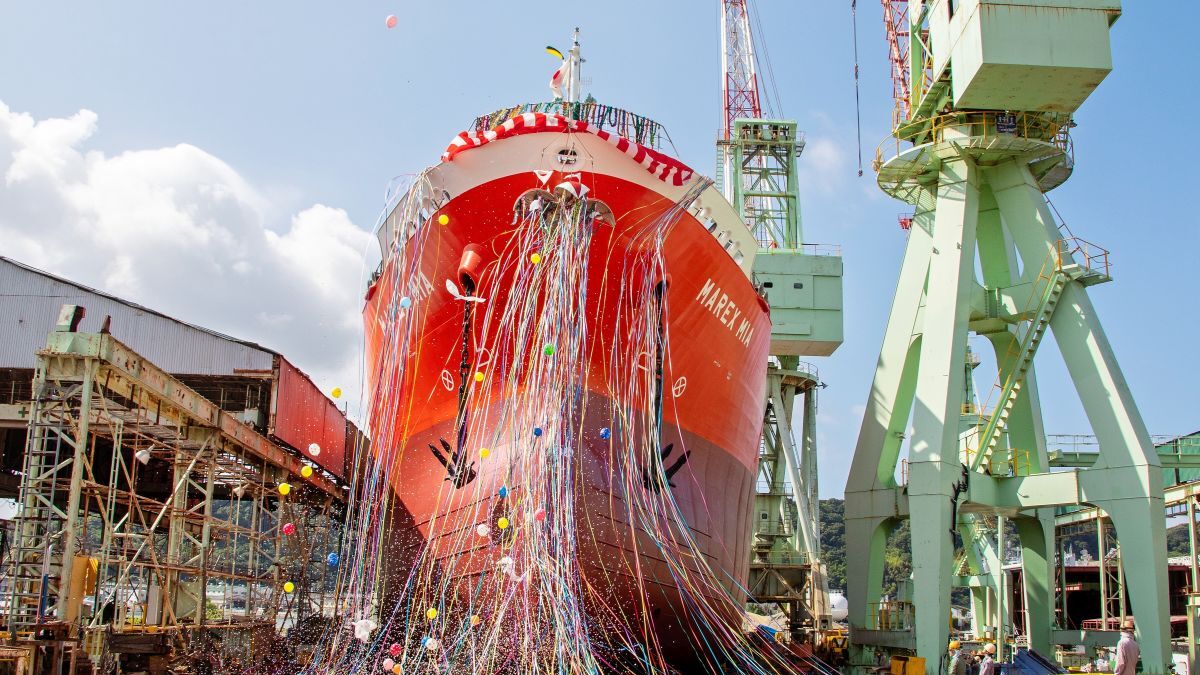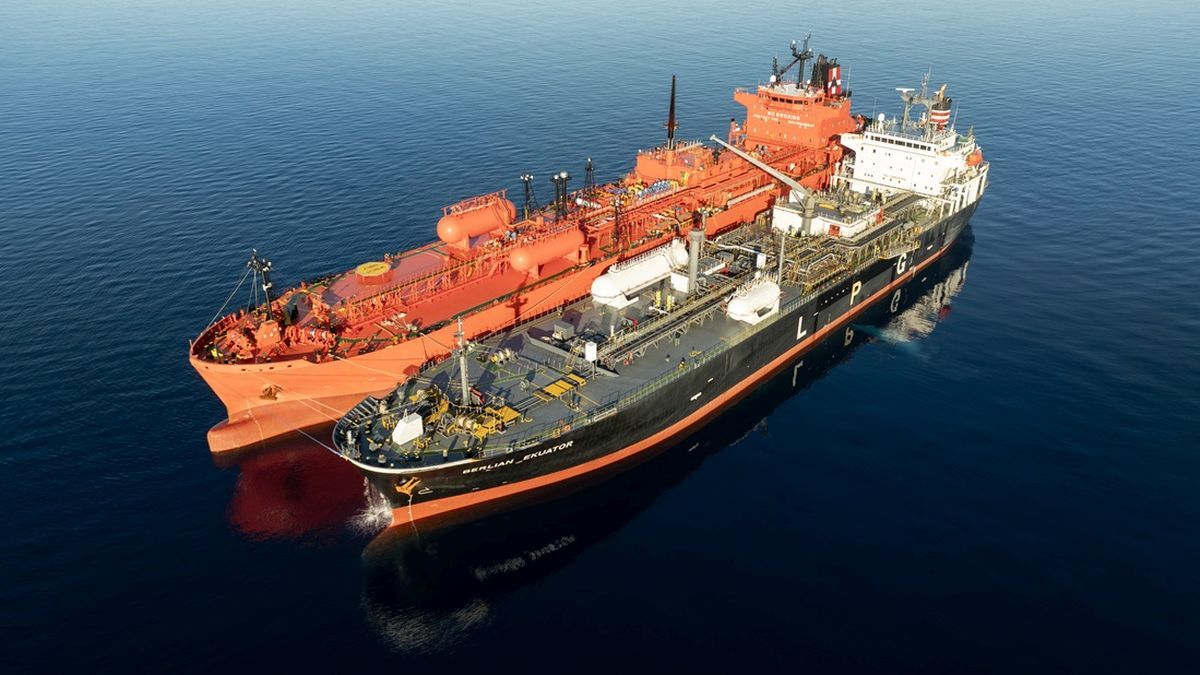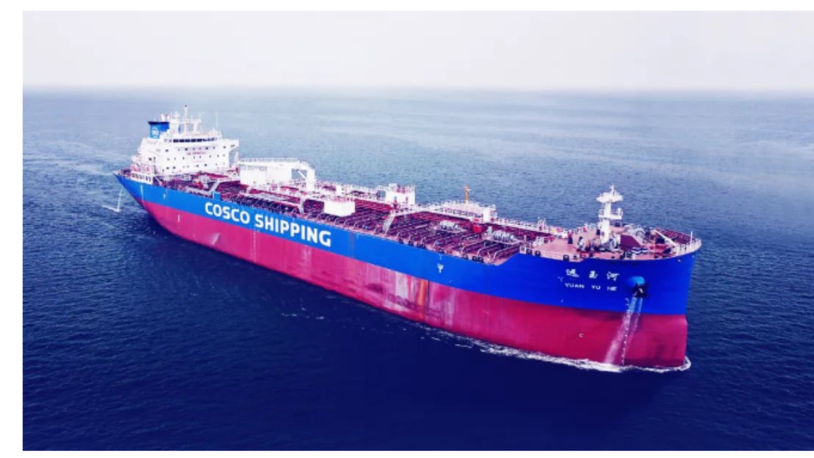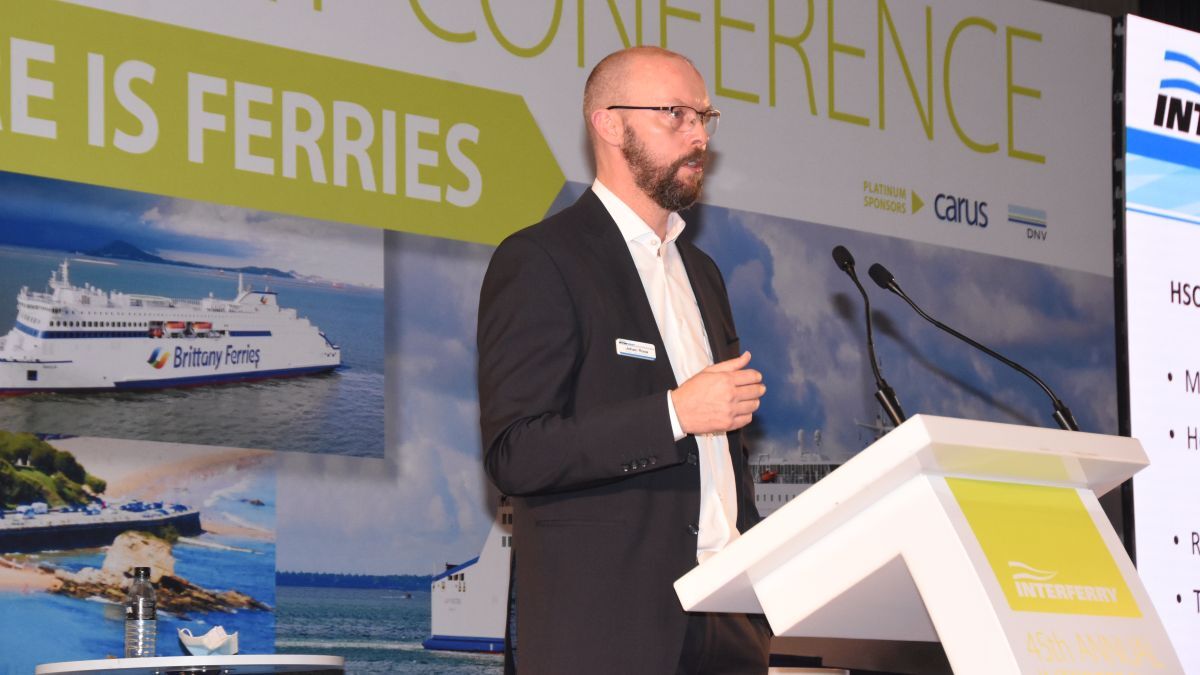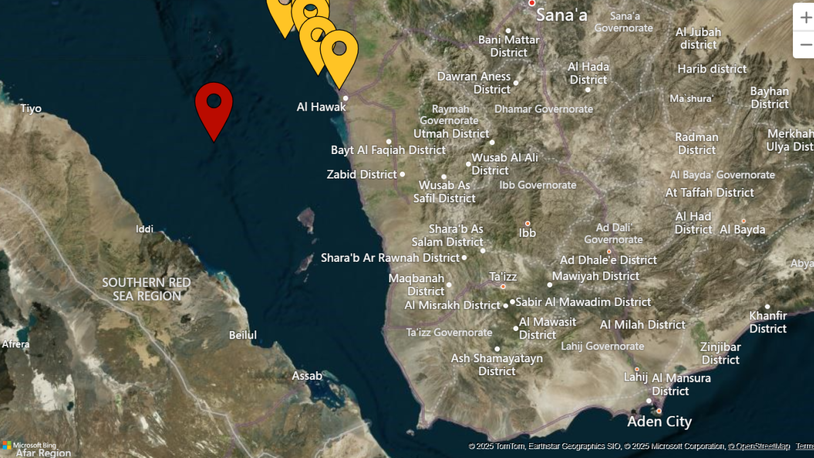Business Sectors
Contents
Register to read more articles.
Sanctions begin to bite: new insurance verification requirements aim to disrupt 'shadow fleet'
Maritime experts anticipate disruptions to the operations of the ’shadow fleet’ following the decision by the Nordic-Baltic 8++ countries to enforce insurance verification requirements for tankers transiting their waters
Denmark, Estonia, Finland, Germany, Iceland, Latvia, Lithuania, the Netherlands, Norway, Poland, Sweden, and the United Kingdom announced plans to empower their maritime authorities to demand proof of insurance from vessels suspected of operating within the shadow fleet. These measures apply to key waterways, including the English Channel, the Danish Straits of the Great Belt, the Sound between Denmark and Sweden, and the Gulf of Finland.
“Information collected by the participating states, including data on vessels that choose not to respond to requests, will be assessed and acted upon in coordination with our international partners,” the Nordic-Baltic group stated.
Estonian Prime Minister Kristen Michal elaborated on the consequences for non-compliant vessels. “If vessels do not wish to cooperate, they will either be placed on a prohibition list or boarded in certain areas,” he told reporters, according to Reuters.
Problematic insurance coverage
This elevated enforcement approach is expected to disrupt the shadow fleet. Dimitris Ampatzidis, Risk & Compliance Analyst at Kpler, commented to Riviera: “New insurance verification requirements will heavily impact this fleet, with over 200 vessels already flagged for problematic insurance coverage.”
According to Kpler data, Russia’s so-called “shadow fleet” comprises roughly 1,700 older vessels, many over 20 years old, transporting sanctioned oil and gas. “These ships often lack proper insurance or classification and operate under opaque ownership structures,” Mr Ampatzidis added.
Shipping lawyer Alexander Brandt, a partner at Reed Smith’s Transportation Industry Group, called the decision “a strategic move that could unsettle operators.” He said: “Dark fleet owners now face the reality that transiting EU or UK territorial waters means increased scrutiny and the potential for specific actions against their vessels."
Mr Brandt noted the UK’s approach as an example of balancing enforcement with adherence to international maritime law. “This strategy seems intended to preserve vital supply chains but also gathers valuable intelligence on shadow fleet operations,” he explained.
“Europe’s coordinated stance may begin to yield results, disrupting clandestine operators without jeopardising global trade flows,” Mr Brandt concluded.
Further EU-UK Sanctions
Industry sources observe that while the sanctions imposed thus far are significant, they have had limited impact on the shadow fleet’s operations. "Despite the increase in sanctioned tankers, such regulations do not appear to have had a drastic impact on the trading activity of these ships," shipbroker BRS stated in its latest weekly report.
Russia appears to be continuing its oil exports without major disruptions. According to BRS, in November, Russia exported 3M barrels per day (b/d) of crude, 1.4M b/d of clean products, and 0.7M b/d of fuel oil.
However, enforcement efforts have intensified. On December 16, the European Commission announced its 15th sanctions package, targeting 52 additional vessels for evading the oil price cap. This brought the total number of sanctioned vessels to 79. These vessels are subject to a port access ban and a ban on provision of services.
The following day, UK Prime Minister Keir Starmer announced further measures, sanctioning 20 shadow fleet ships carrying illicit Russian oil. “The UK has now sanctioned over 100 ships transporting Russian energy, including 93 oil tankers—more than any other nation,” a government press release stated. “These sanctions will add further pressure to Putin’s stalling war economy” Prime Minister noted.
Challenges in enforcement
Kpler’s Mr Ampatzidis emphasised the complexities of enforcement. “By targeting these operations, the fresh sanctions package aims to disrupt illicit activities enabling sanctions evasion,” he said. However, the process is far from straightforward.
“With the grey fleet accounting for about 10% of global maritime trade, implementing these measures across key transit regions like Asia, the Middle East, and Europe presents significant challenges,” Mr Ampatzidis said.
Related to this Story
Events
Offshore Support Journal Conference, Americas 2025
LNG Shipping & Terminals Conference 2025
Vessel Optimisation Webinar Week
© 2024 Riviera Maritime Media Ltd.


